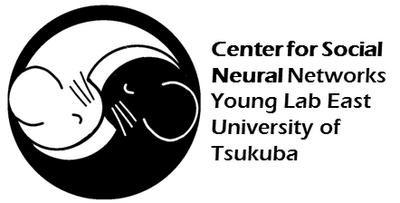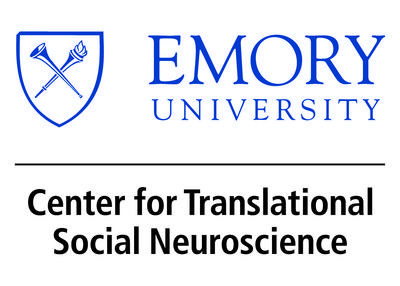OXYTOCIN AND VASOPRESSIN. FROM BRAIN MODULATION, TO EPIGENETIC REGULATION AND CLINICAL APPLICATIONS
May 28-June 02, 2022
Erice, Sicily, ITALY
Workshop Organizers

Purpose of the Workshop

The purpose of the Workshop is to highlight new perspectives on the role of oxytocin and vasopressin in modulating brain activity in relation to behavior and cognition. The workshop will cover a number of issues related to the brain mechanisms regulating its synthesis and release, and its effects on different aspects of behavior. The precise neural mechanisms of these neuromodulators are still at the center of debates, and it is therefore important to understand how its action could impact different neural circuitry related to reward, anxiety, attention, social perception and bonding. We will also consider how methodological approaches can generate different outcomes and how the different route of administrations may impact their effects on cognition and behaviors.
Another goal of the workshop is that of examining the complex interactions between genes, early experience and the potential impact of oxytocin and vasopressin on epigenetic expressions in regulating complex parent-infant social communication. As you can see from the program a variety of animal models will be discussed, including fish, rodents and nonhuman primates in order to provide an evolutionary perspective and new insights about potential differences among species that have been adapted to specific social and ecological conditions. Lastly, the workshop will foster scientific interactions among the leaders of the field with the objective to evaluate the clinical implications of these two neuromodulators in neurodevelopmental disorders and its potential application for pharmacotherapy interventions in psychopathologies. This topic has raised also some controversies about the efficacy of the treatments in clinical populations. This will be therefore one of the themes covered by our workshop. The workshop is highly integrative and interdisciplinary. Each talk is presented by an outstanding scholar in the field and is addressed to a broad audience.
Workshop Topics

- - Brain mechanisms: release and interactions with other neurotrasmitters
- - Genetics and epigenetics.
- - Behavioral and cognitive effects.
- - Clinical implications.


